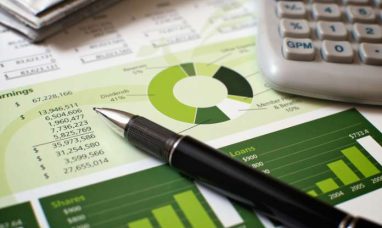Shares of Live Nation Entertainment Inc. (NYSE:LYV) plummeted by approximately 7% early Tuesday following reports from the Wall Street Journal indicating that the Department of Justice is gearing up to file an antitrust lawsuit against the company, potentially as soon as next month.
The anticipated lawsuit alleges that Live Nation, which owns Ticketmaster, has exploited its dominant position in the market to the detriment of competitors.
Although the federal government greenlit the Live Nation-Ticketmaster merger back in 2010, the company has since been under scrutiny for antitrust violations. Critics have criticized Live Nation for its exorbitant ticket fees and accused it of engaging in monopolistic practices.
In 2020, the DOJ updated Live Nation’s consent decree, extending it until 2025. This decree, established after the merger, aimed to prevent Live Nation from coercing venues into using Ticketmaster for their events. The extension came after evidence surfaced that Live Nation had violated the terms of the original agreement.
Capitol Hill has also intensified its scrutiny of Live Nation, particularly following a 2022 controversy involving Taylor Swift concert tickets. During a Senate Judiciary Committee hearing last year, several senators advocated for breaking up the company. However, some analysts argue that such a move might not address the issues surrounding the unregulated secondary ticket market.
Analysts further note that Ticketmaster contributes significantly to Live Nation’s profits, suggesting that the company would suffer a substantial loss if separated.
Despite these challenges, Live Nation reported robust financials in its latest earnings report. Fiscal year 2023 revenue surged by 36% year-over-year to $22.7 billion, with earnings per share more than doubling to $1.37. Concert attendance also increased by 20%, with over 145 million fans attending over 50,000 events.
Despite these positive metrics, the stock has faced a decline of approximately 1% since the beginning of the year.
Featured Image: Freepik















